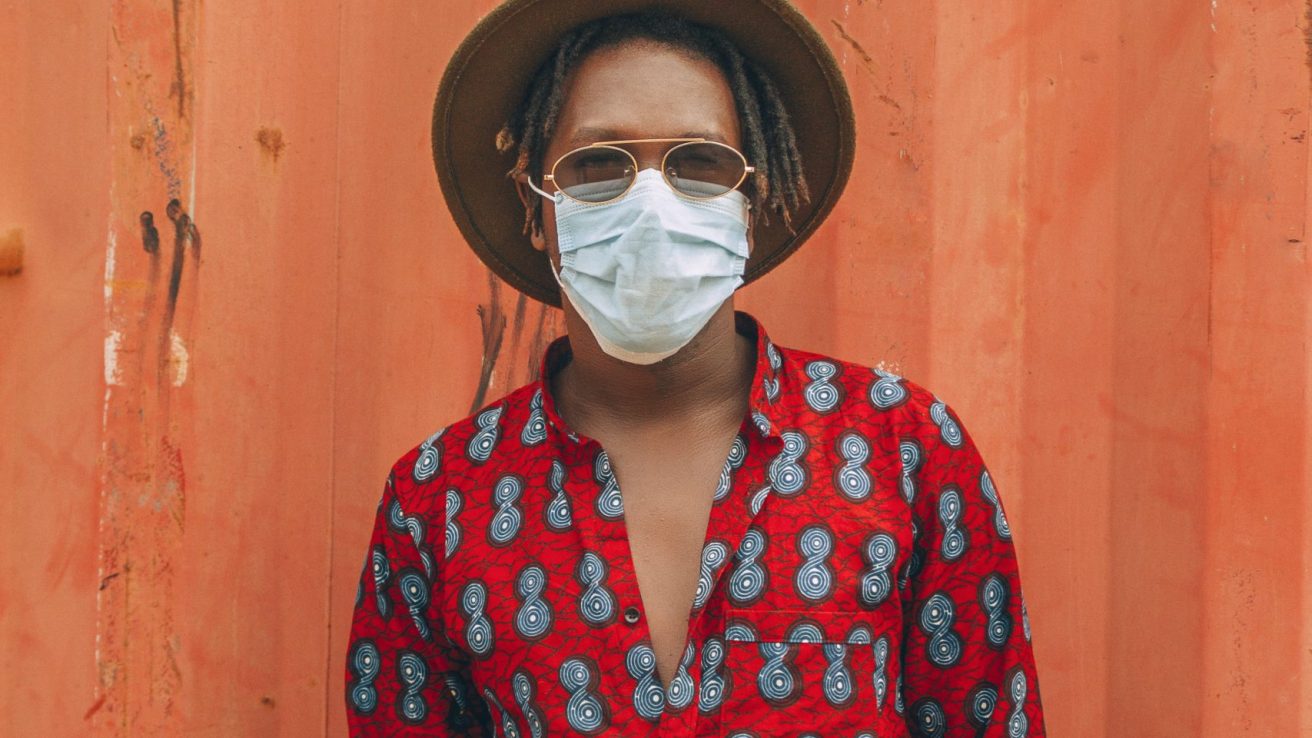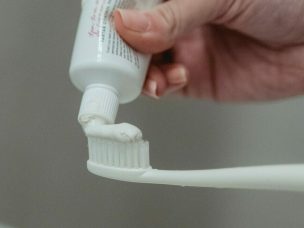Black and Hispanic patients have long been subjected to undertreatment across specialties within the U.S. healthcare system. This disparate treatment is particularly evident in minority patients with asthma, especially during the COVID-19 pandemic. A study from The Journal of Allergy and Clinical Immunology: In Practice sought to uncover the reasons behind asthma treatment disparities in light of the pandemic, emphasizing that doing so is a crucial public health matter.
The study involved two surveys: one sent to adult patients with asthma and another sent to providers who treat asthma. Information was collected from the patients during the COVID-19 pandemic and included socioeconomic status, asthma control, and health attitudes/behaviors.
The patient survey was completed by 1,171 patients, 10.1% of whom were minorities. The physician survey was completed by 225 physicians. Overall, the study found that Black and Hispanic patients with asthma experienced worse socioeconomic and health consequences related to COVID-19 than patients who did not belong to these minority groups.
More specifically, the study found that 25% of the physicians surveyed reported greater difficulty treating Black patients during the pandemic. The patient surveys found that many individuals in the Black and Hispanic communities suffered job and health insurance losses due to COVID-19. Consequently, these patients had a lower likelihood of having basic access to primary care and could not afford necessary asthma medications. The study recognizes these treatment barriers as examples of institutional racism.
These minority communities also experienced a higher rate of COVID-19 cases and lower household incomes. Overall, Black and Hispanic patients had worse asthma control, indicated by their increased number of asthma-related emergency room visits. The study concluded that socioeconomic factors and institutional racism have contributed to asthma treatment disparities during the COVID-19 pandemic. Patient health attitudes/behaviors and sources of information were not found to play a significant role [1].
Further research is needed to better understand the barriers to care that contribute to asthma disparities in the Black and Hispanic communities. As health professionals become aware of, speak out against, and rectify these disparities, it is anticipated that all Americans with asthma will enjoy better health and wellness.
Source:
[1] Baptist, A. P., Lowe, D., Sarsour, N., Jaffee, H., Eftekhari, S., Carpenter, L. M., & Bansal, P. (2020). Asthma Disparities During the COVID-19 Pandemic: A Survey of Patients and Physicians. The Journal of Allergy and Clinical Immunology: In Practice, 8(10), 3371–3377.e1. https://doi.org/10.1016/j.jaip.2020.09.015










